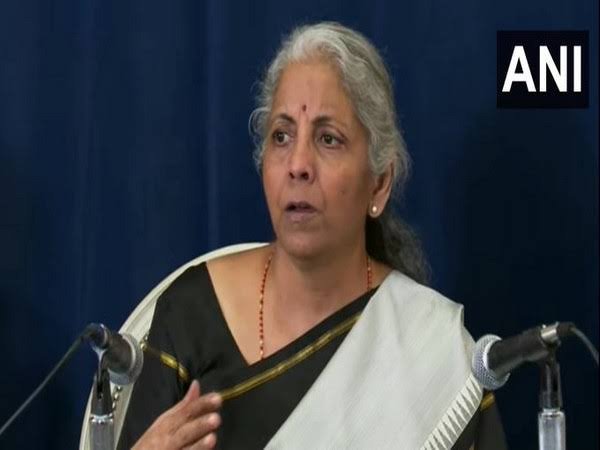INCHEON (SOUTH KOREA), May 4 (PTI): Finance minister Nirmala Sitharaman on Thursday said India encourages ADB to explore adopting innovative, risk-factored approach for lending to the developing member countries (DMCs).
During her intervention in the Governors Plenary meeting of Asian Development Bank (ADB), she expressed India’s support to remove the charter lending limit from the ADB Charter altogether and relocating the limitation to the Board of Directors-approved Capital Adequacy Framework (CAF).
CAF is designed to protect the risk-bearing capacity of ADB without relying on callable capital, and to maintain ADB’s ability to lend even during crises and after a large non-accrual shock.
Sitharaman, representing as Governor for India in 56th ADB Annual Meeting, expressed hope that the open discussions in the Plenary will lead to common ground and resolution of many issues and provide the appropriate guidance to the bank.
“India encourages ADB to explore adopting innovative, risk-factored approach for lending to the DMCs, taking into account the risk profile of countries backed by in-depth country diagnostics and analysis,” she said while speaking on theme of ‘Boosting ADB’s Lending Capacity’.
During the discussions, ADB sought the Governors’ guidance on issues like risk appetite, callable capital, charter lending limit, hybrid capital and shareholder guarantees, which ADB has been examining as part of its review of the Bank’s Capital Adequacy Framework.
Earlier in the day, Sitharaman while addressing the board of Governors had emphasised on the need for a robust ADB that adopts a transformational rather than incremental approach for sustainable and resilient regional development.
Highlighting that the world is passing through an age of “resets” – of fuel, food, fertiliser, debt, energy, supply chain, sustainability, fiscal stability, etc, she said, “we need a robust ADB that adopts a transformational rather than incremental approach for sustainable and resilient regional development”.
India is the founding member as well as the fourth largest shareholder of multilateral funding agency founded in 1966 with a vision to foster a prosperous, inclusive sustainable Asia Pacific region.
In the post-Covid world, she said, people’s aspiration for sustained development finance across developing member countries need ADB’s alignment to more resources and operational efficiencies.
Therefore, on both sovereign and private sectors renewed engagement is imperative, she said.
While continuing to focus on its core agenda of poverty reduction and development of the low-income countries (LICs), she said, ADB should focus on global public goods (GPGs) in their regional dimension.












